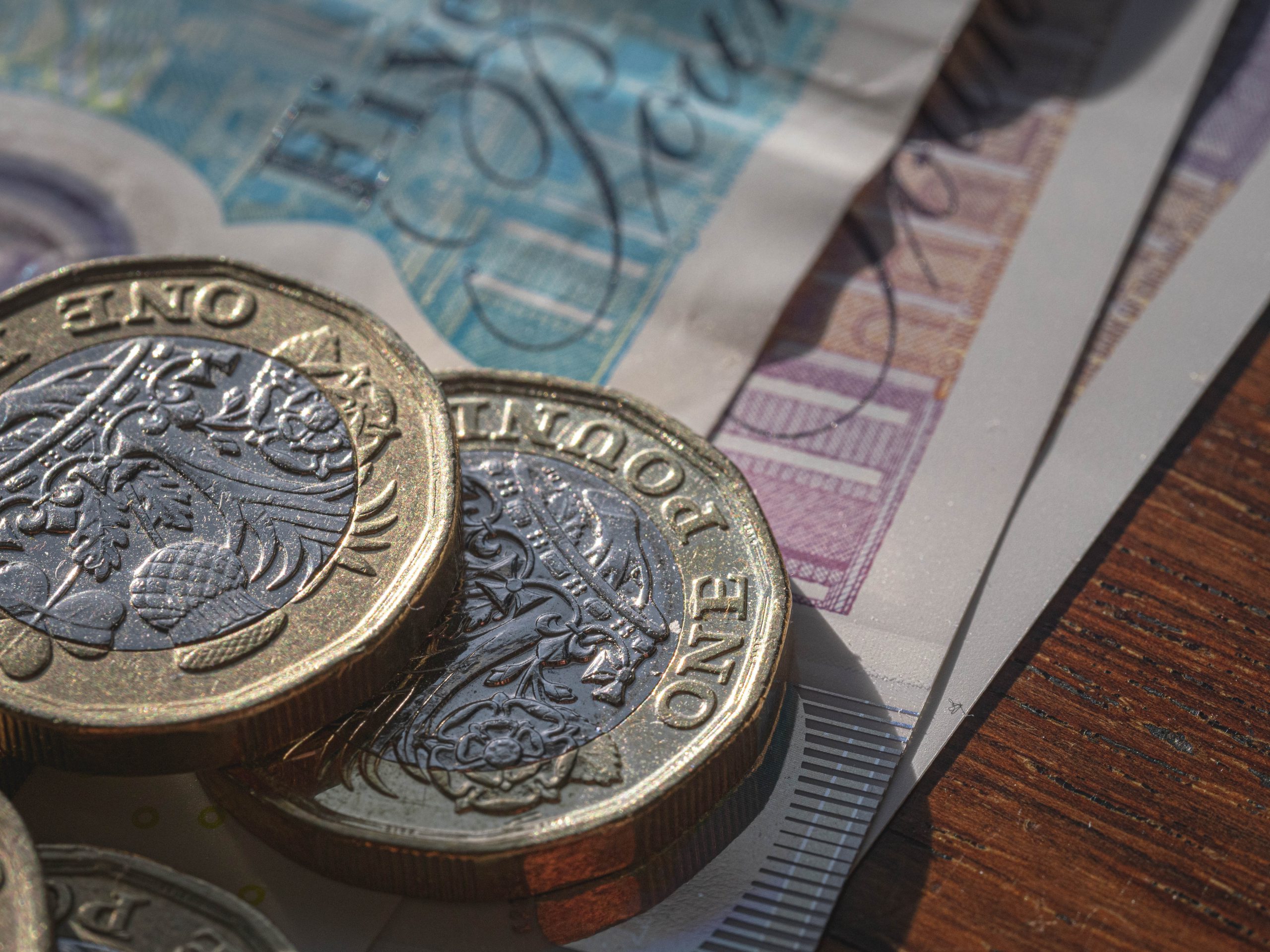GBP/EUR Exchange Rate Wavers as German Confidence Slides
The Pound Euro (GBP/EUR) exchange rate is fluctuating as business sentiment in Europe’s largest economy slipped amid economic uncertainty.
At time of writing the GBP/EUR exchange rate is around €1.1675, relatively unchanged from this morning’s levels.
Euro (EUR) Quiet ahead of ECB Conference
Meanwhile, the Euro (EUR) is relatively quiet this morning amid plummeting confidence in Europe’s largest economy. The latest IFO business climate index revealed a second consecutive month of sliding confidence amid mounting uncertainty surrounding the economic recovery in Germany.
The reading also represents the lowest level since last December as manufacturers are reporting declining new orders amid global borrowing costs surging. Fears of the German economy to shrink again in Q2 could be weighing on EUR investors. IFO Economist Klaus Wohlrabe commented:
‘Sentiment in the German economy has clouded over considerably. Expectations were markedly pessimistic, and companies’ assessments of their current situations were worse. Above all, the weakness in the manufacturing sector is steering the German economy into turbulent waters.’
Looking ahead, the Euro could see some strength as European Central Bank (ECB) central banking conference gets underway in Sintra. ECB President Christine Lagarde will kick things off with opening remarks, followed by several speeches from ECB policymakers. Despite expectations of inflation easing, core inflation is expected to continue accelerating. Further hawkish comments from central bank policymakers could see the Euro boosted on elevated rate hike bets.
Pound (GBP) Supported by Further Rate Hikes
Meanwhile, the Pound (GBP) is also relatively muted amid a lack of economic data. With mounting fears of a looming recession for the UK, GBP investors remain cautious over economic stability.
Lending some modest support to Sterling was the announcement from the UK government of fiscal measures to help combat stubborn inflation. The measures include wage cuts for public sector employees as well as calls for companies to reduce profit margins.
Elsewhere, the latest Confederation of British Industry (CBI) distributive trade survey highlighted a second straight month of declining trade. Despite inflation set to remain historically high for some time, traders are expecting sales volumes to start stabilizing in July.
Looking ahead, a quiet trading week could leave Sterling exposed to market sentiment as investors continue to digest the latest economic data for the UK. Speeches from Bank of England (BoE) policymakers could also impact Sterling as BoE Governor Andrew Bailey is expected to talk at the ECB conference on Wednesday.


Comments are closed.